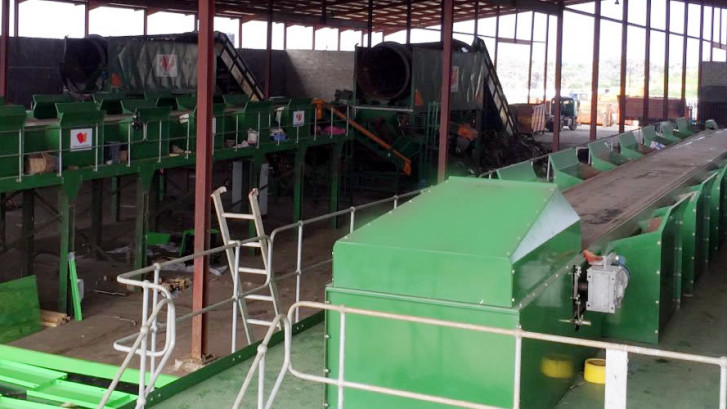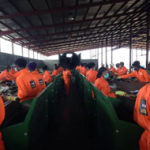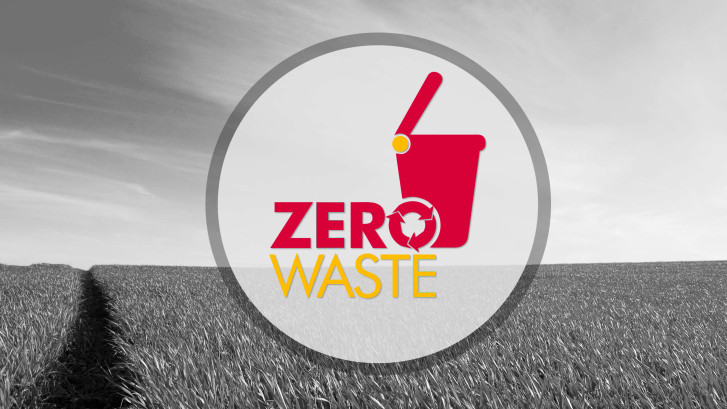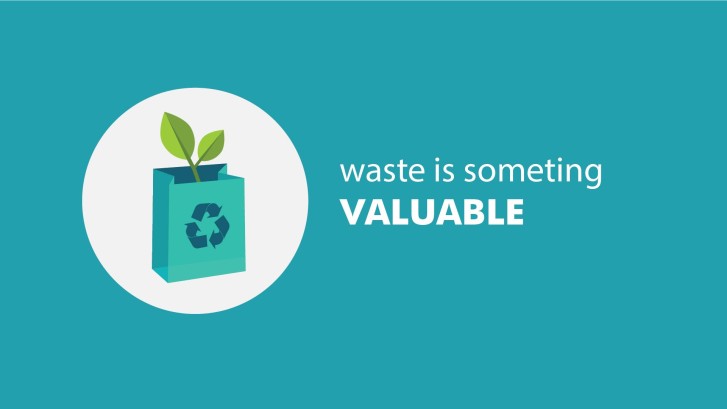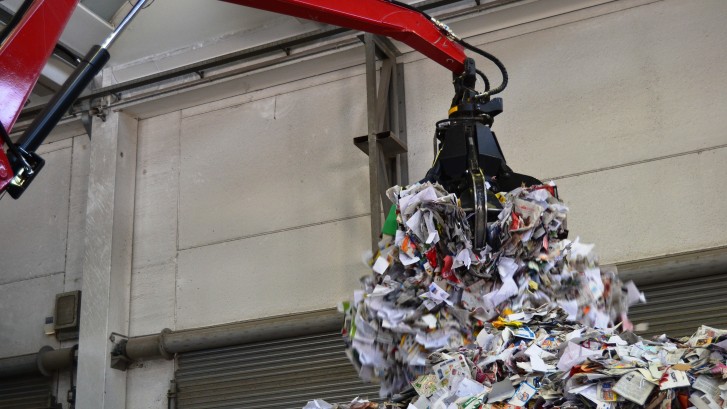Why we are partnering Oyo govt –WestAfricaENrg
The Oyo State government is doing all it can in ensuring that the state attains a reasonable level of cleanliness in all its environs.
This was proved recently with its partnership with the WestAfricaENRG Limited, in a programme aimed at starting an integrated waste process in Oyo State, especially in Ibadan, the state capital. The partnership came about from the idea of developing a material recovery facility in the state capital.
Speaking with Ecoscope, the CEO, WestAfricaENRG Limited, Paul O’Callaghan, noted that awareness programmes are ongoing both from the company, as well as the state government to educate people on good waste management activities.
“We met with the Oyo State government to talk about the idea of generating energy from waste and providing electricity for critical services such as schools and hospitals, among others. So we came up with a waste collection and awareness process to address the issue of waste disposal in the state,” he said.
Domestic solid waste disposal is one of the major environmental problems faced by many states in the country, as the quantity of waste disposal in many households has increased tremendously over the years. This is as a result of an upsurge in the population density, as well as the unavailability of conventional waste disposal methods to promptly clear thee waste, among other issues.
With various negative sides to inappropriate waste disposal, addressing people’s attitudes towards dumping of refuse in drainages and river channels is most timely with the rainy season gradually setting in, as this singular act subsequently result in flooding.
“Based on some history from what I understand, there was some serious flooding in Ibadan in the late 80s because people were filling their gutters with trash. So at that point, people were told to bring their waste to the road and the state will collect it. But now, that needs to be reversed. There is an ongoing awareness that addresses the idea of putting trash in the street; it is not good, and at the same time, people have to pay for their waste to be treated properly.
“So our role is basically establishing an environmental conscious Ibadan city,” he said.
According to him, skips will be reintroduced across strategic areas in the city and with enough awareness and enforcement, over time, people will realise that the step is actually for their own benefit.

